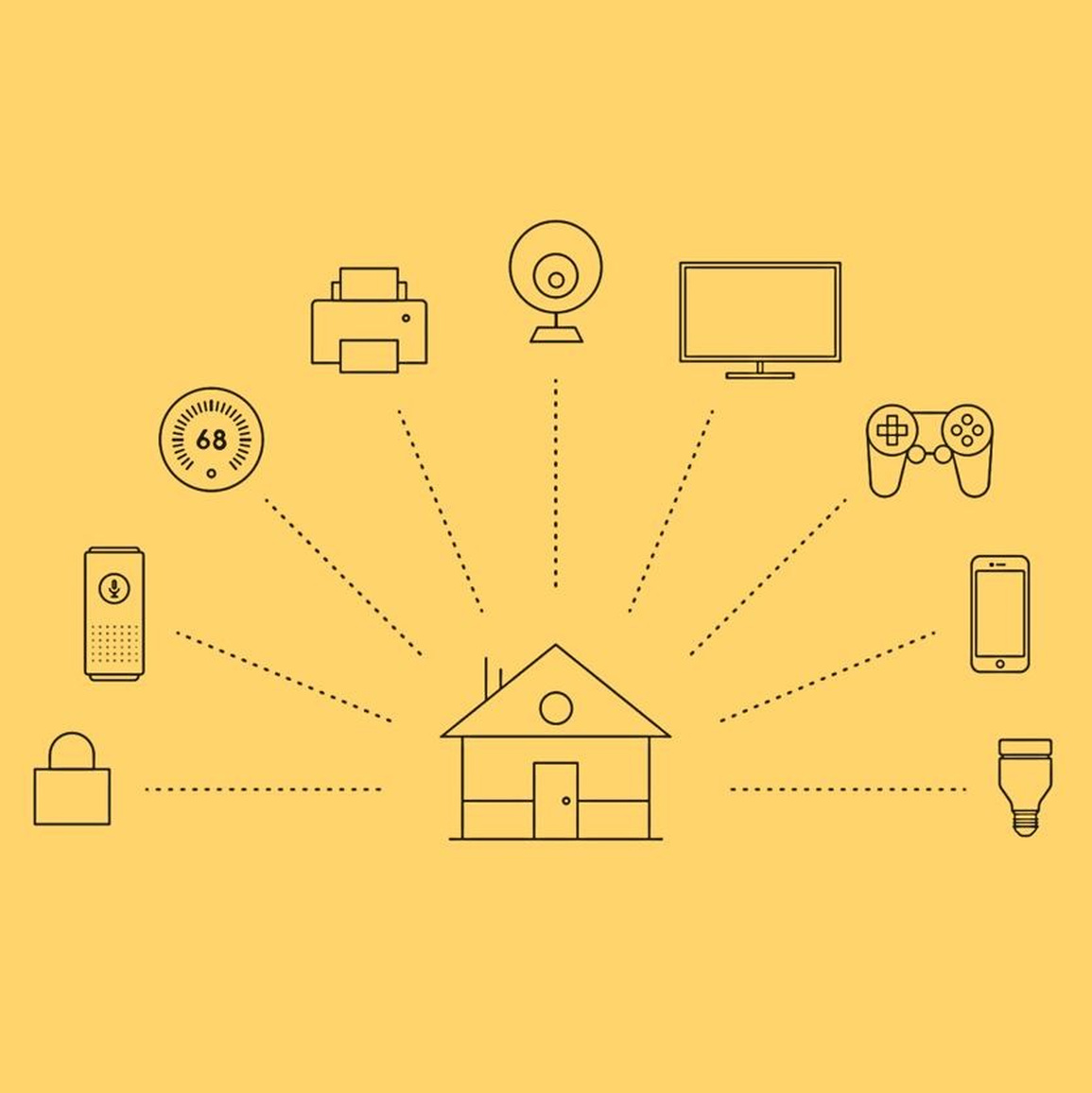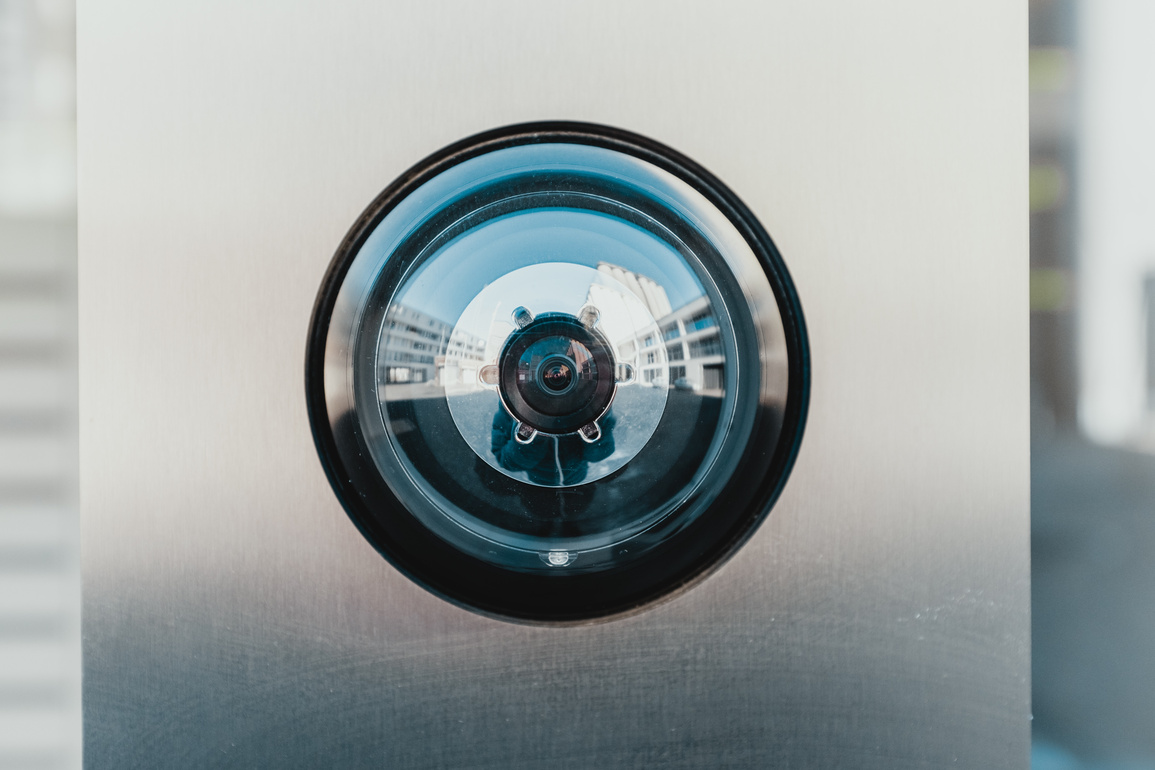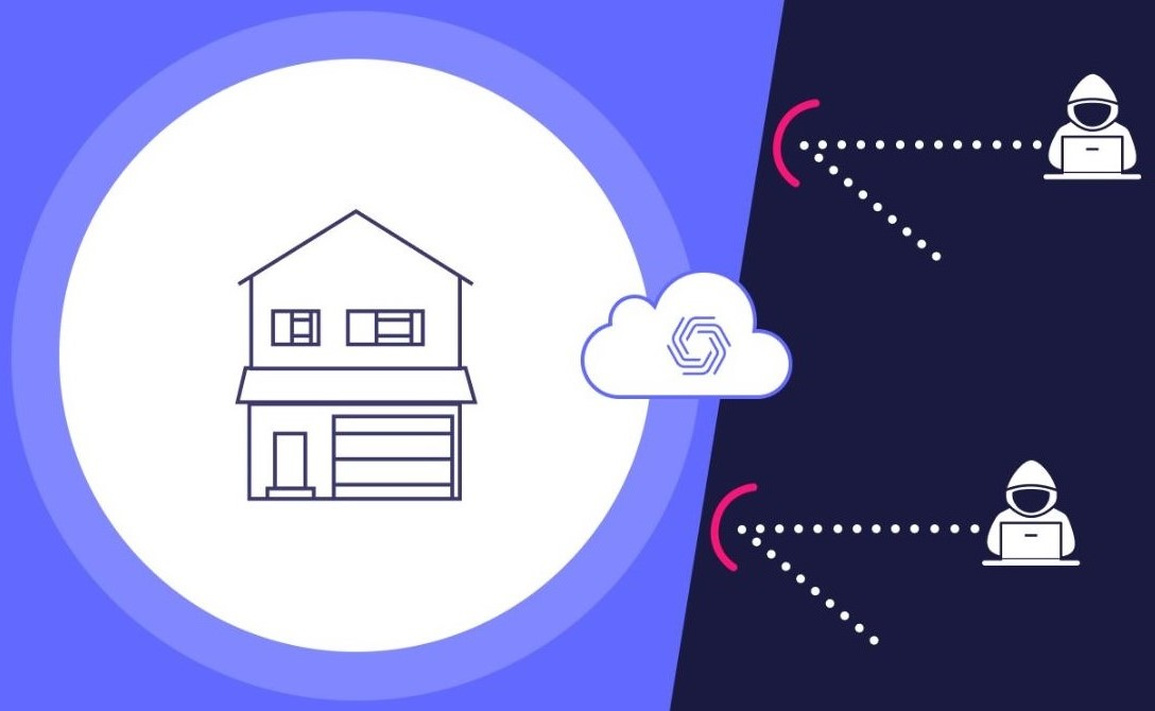Today's home network
Home network security has never been as important as it is today. A wide variety of smart home devices make our lives easier and people rely on them. However, concerns about security are constantly increasing: the fear of hacker attacks, that privacy is inadequately protected or that smart speakers are listening in is omnipresent.
A home network is basically a network of several devices. Protecting them is not easy, however, because there are many challenges and dangers lurking:
- There are many different types of devices and operating systems,
- every device has security weaknesses,
- hacking skills and attacks are getting more and more cunning and harder to block,
- users' resources and knowledge tend to be rather limited.

Smart home devices
In Europe, an average of 17 devices are currently connected to the home network. This is shown by current data from our technology partner Plume. In particular, IoT devices ("Internet of Things"), i.e. devices on which users do not interact with a browser, are steadily increasing.
In a typical family, several smartphones, computers, tablets, TVs, voice assistants, speakers, baby monitors and game consoles can thus be connected to WiFi. In addition, smart lamps, doorbells, thermostats, surveillance cameras and smart home appliances such as vacuum cleaners, coffee makers and washing machines are becoming more common. Health and fitness devices such as home trainers, fitness trackers and smartwatches are also becoming indispensable.
But what dangers are our devices exposed to?
If you connect all these devices to your home WiFi, the problems are almost inevitable: They all open the door for cybercriminals to break into the home. And the more devices you own, the more doors and windows are left open. That's because, unlike computers, IoT devices only have limited security measures of their own, making them vulnerable to a range of risks:
- IoT devices connect directly to the network and cannot be protected by traditional anti-virus software.
- Users often do not set strong passwords or change default passwords, which can be easily found out and cracked by hackers.
- For some manufacturers, especially for low-cost devices, security is a low priority. And even when manufacturers implement "security by design," on-chip space for security is limited as functionality features take precedence.
- Many manufacturers rarely release vulnerability-fixing patches for their devices, or they don't have the infrastructure to push updates to users on a large scale, as is the case with computer or smartphone manufacturers.
- Users put too much trust in smart home vendors and assume that they ensure appropriate security.
- Users do not update their software, even if patches are available.
- Also risky: outdated firmware, software bugs and unencrypted communication protocols.
A June 2021 analysis by Plume shows that IoT devices have the highest need for cyber protection, with an increase in blocked cyber threats of up to 433%!
And how exactly do cybercriminals get hold of our data?
The network is only as strong as its weakest link. Much like a virus can spread from one person to another, potent malware can be transmitted from device to device within the home network. It is not uncommon for voice assistants, baby monitors or cameras to be taken over by hackers to spy on people, the home and confidential data. These devices in particular are easy targets for attacks due to exposed sensitive ports, the use of default passwords, and other software vulnerabilities that are exploited by hackers and often shared on the dark web.
Once an IoT device has been compromised, meaning an intruder has gained unauthorized access, it is quite easy for the intruder to infect another device with the same or stronger malware to take control of the device for denial-of-service attacks (DDoS) on the Internet, install ransomware, or steal personal data.
Attacks come in the form of targeted phishing, spam, fraud attacks, and other malicious attacks. Thus, hackers can also access personal information such as our location, habits and activity patterns and use this information for various nefarious purposes.


What other dangers lurk with children in the home?
Many parents assume that their children's online information is not valuable, or give it too little thought. However, reality shows that as soon as a child enters personal data to access a website or app, data privacy is at risk.
This data can be used, for example, to apply for credit cards or loans on behalf of the child's name years after the data has been stolen.
How is the increase in working from home affecting cybersecurity?
More and more people are working from home these days. Unfortunately, hackers are trying to take advantage of this, and working from home thus involves a whole range of security risks. For example, CISO Magazine states:
- 30% of home office users do not access the corporate network via a corporate VPN.
- 40% of home office users connect via a corporate dongle. The rest log in via their home WiFi or mobile phone hotspots.
- Each of the devices connected to the home WiFi network has its own potential vulnerabilities and opens doors for cybercriminals.
In other words, many users perform business-critical work involving sensitive internal data and customer information on computers connected via a network with untested devices and unknown security vulnerabilities.
Recent studies confirm that the increase in home-based work during the Covid19 pandemic has also led to a rise in attacks by malicious actors on individuals and businesses.
And what is the best way to protect the home network?
It's easy - with Plume!
Thanks to AI-based cyber protection, the home network is secure around the clock.
In the second part of our series on cyber security, you will find out how the cyber protection of Plume works and which threats it masters with ease!
